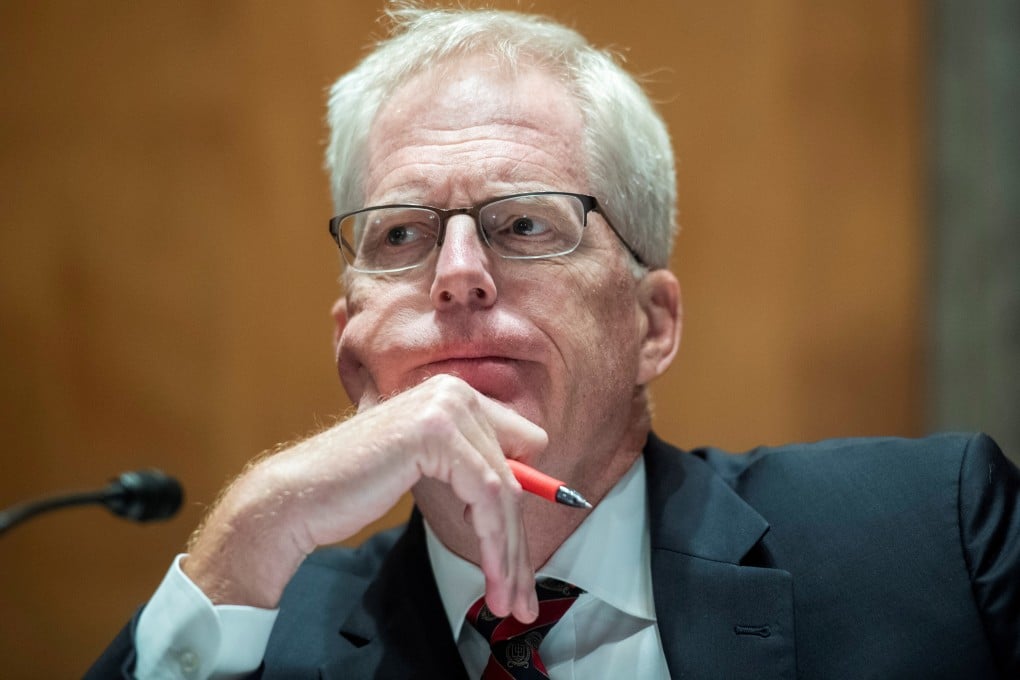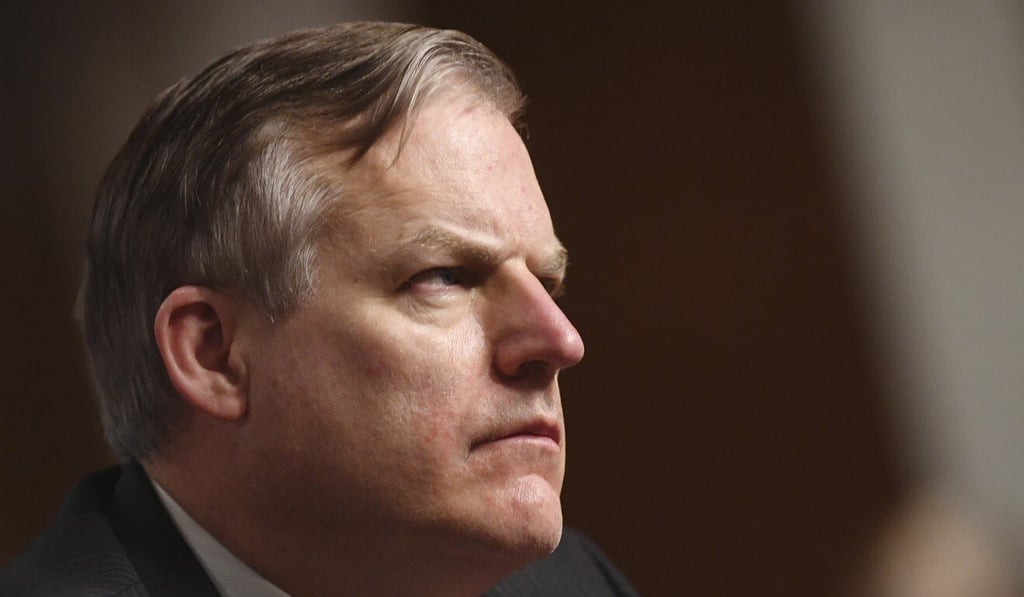Advertisement
US-China relations: Pentagon changes could create fresh uncertainty on military issues, observers say
- Three senior officials from the US defence department tendered their resignations after Pentagon boss Mark Esper was sacked by outgoing President Donald Trump
- People’s Liberation Army source says Beijing is concerned Taiwan might try to take advantage of the disruption in the Pentagon
Reading Time:2 minutes
Why you can trust SCMP

The sudden resignation of three senior officials from the US defence department a day after the departure of their former boss, Mark Esper, is likely to create more uncertainty between China and the United States on military affairs, observers say.
The former US undersecretary of defence for policy James Anderson, undersecretary of defence for intelligence Joseph Kernan and chief of staff to the secretary of defence Jen Stewart all resigned on Tuesday, according to a statement released by the Pentagon the same day.
The White House said Anthony Tata, a retired brigadier general whose nomination for a top Pentagon job was abruptly cancelled in July, would replace Anderson in the defence department, the statement said.
Advertisement
Ezra Cohen-Watnick, the former acting assistant secretary of defence for special operations and low-intensity conflict, would replace Kernan, while Kash Patel, a former member of the National Security Council staff, would replace Stewart, it said.

Advertisement
US President Donald Trump had earlier announced that Christopher Miller, the director of the National Counterterrorism Centre, would replace Esper as defence secretary.
Advertisement
Select Voice
Select Speed
1.00x